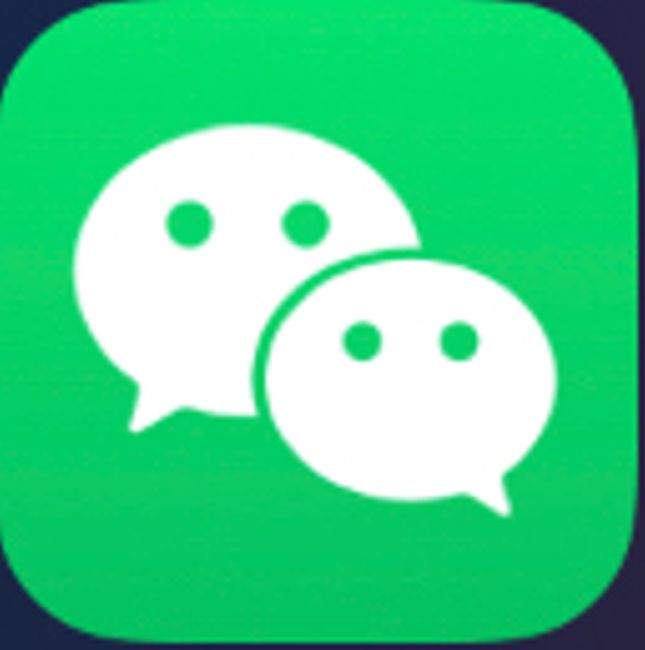4th Genre: WeChat
Published: 03.12.2019
Subscribe to Newsletter
Some of you have already been more or less successful in signing up for the messenger service WeChat. Because apart from the inconvenient email and the iMessenger for iOS devices, this is the only stable way for many of us to reach us beyond the Great Internet Wall. But the app, which belongs to the big ones with over 1 billion active users, has developed far beyond just sending messages over the last few years, which is why it deserves its own section here.
WeChat started with regular messages. The special feature was that one primarily found acquaintances not by exchanging numbers, but playfully by scanning the personal QR code. One person shows their code, the other person scans it. Everyone finds this exciting, simple, and above all damn fast. I think this special feature of WeChat is a significant reason why QR codes are now present throughout China and everyone is scanning, scanning, scanning.
WeChat also has social media features similar to those known from Facebook. So you can write as well as post pictures, videos, and messages to your followers, open for comments and likes. An additional special feature is that so-called "official users" can be created as official and registered representatives of companies or public figures. This means that almost every company, restaurant, etc. has its own page, which proves to be enormously helpful for the next point.
Early on, WeChat used the affinity for QR codes that had developed and entered the digital payment market with the service WePay. All you have to do is register and link a Chinese bank account, and from then on you can make money transfers at will by simply scanning a receipt or sender code. Meanwhile, digital payment services, especially WePay and AliPay, have digitized the entire everyday payment process in China. As a consequence, during our bar phase, we often found ourselves in front of out-of-service ATMs and empty change machines. Today, we pay for everything from food, taxi rides, donations to the homeless, parking tickets, water cans, to rental bikes with WeChat.
All types of third-party vendors are directly linked via WePay and the official social media accounts, making the app a gigaplatform. Here are a few examples (in parentheses, a Western equivalent that is known):
The city utilities for paying monthly bills for gas, water, and electricity, JianDong (Amazon), Trip (Booking.com), DiDi (Uber), Sherpas (Pizza.de).
Thus, everything can be done easily and quickly for everyday life using this app, which is also used extensively.
Today, everyone who owns a smartphone in China has a WeChat account.
Subscribe to Newsletter
Answer


